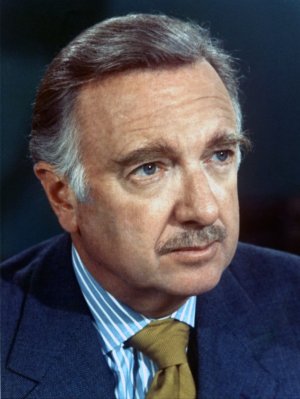Alligatorob
SF VIP
Many are.TV journalists are vain TV personalities
I've always preferred the term "Newsreader" that really is what they are.
Few do any real investigation or research, they mostly read what's given to them. Some may exercise word choices or emphasis, but they are not the people who find or write the stories, they just read them.
A lot like movie or TV actors.


